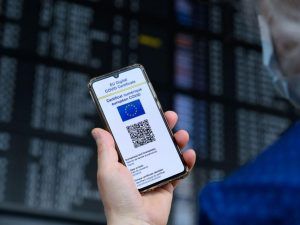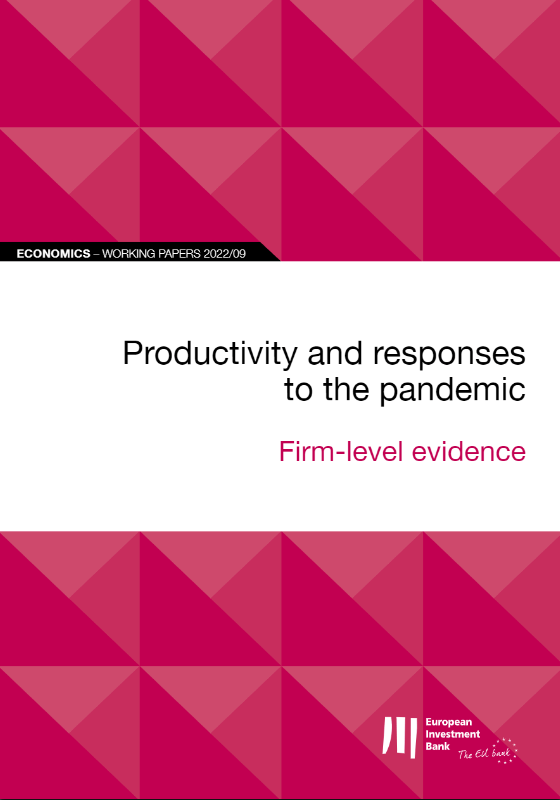The European Commission welcomes the provisional political agreement reached by the European Parliament and the Council on the extension of the EU Digital COVID Certificate by one year, following the Commission’s proposal. The extension will allow persons to continue using their certificate to travel across the EU past the Regulation’s initial expiry date of 30 June 2022.
On Monday the 13th of June, the congress, negotiating teams from the European Parliament and the Council of the EU reached a deal to prolong the EU Digital COVID Certificate (EUDCC) scheme -set to expire on 30 June- for another 12 months. By extending the legal framework by a year, EU lawmakers want to ensure that EU citizens have the right to free movement in case there is a new variant of concern.

Indonesia is connected to the EU Digital COVID Certificate system |
Review after six months
Negotiators have agreed that Member states should refrain from imposing additional restrictions to free movement to EUDCC holders. Member States will only be allowed to do so where such restrictions are necessary, proportionate and non-discriminatory for the purpose of safeguarding public health.
MEPs also ensured that a clause was added asking the Commission to assess if the EUDCC scheme is still needed after six months -at the end of 2022-, based on the latest scientific advice from the European Centre for Disease Prevention and Control (ECDC) and the Health Security Committee. At that point, the Commission will also have to issue an overview describing all the developments of the EUDCC at national and international level. The scheme should then be repealed as soon as the epidemiological situation so allows.
Background
To facilitate free movement during the COVID-19 pandemic, the European Parliament and the Council adopted the Regulation on the EU Digital COVID Certificate on 14 June 2021. It applies since 1 July 2021 and was set to expire on 30 June 2022.
The EU Digital COVID Certificate is a success story for the EU. The certificate has facilitated safe travel for citizens across the European Union when Member States restricted travel on the grounds of public health. So far, Member States issued over 1.8 billion certificates. In addition, it has set a global standard for international travel. Today, 67 countries and territories are connected to the EU Digital COVID Certificate system, with more expected to join in the future.
On 21 December 2021, the Commission adopted new rules relating to the EU Digital COVID Certificate, establishing, for the purpose of travel, a binding acceptance period of 9 months (precisely 270 days) for vaccination certificates indicating the completion of the primary series for the purposes of intra-EU travel. These rules started to apply as from 1 February 2022. This acceptance period is limited to certificates of persons aged 18 and above.
On 25 January 2022, the Council agreed to update the rules to facilitate safe and free movement in the EU during the COVID-19 pandemic. Holders of valid EU Digital COVID Certificates should in principle not be subject to any additional restrictions when travelling within the EU.
On 3 February 2022, the Commission proposed to extend the EU Digital COVID Certificate by a year, until 30 June 2023.

Productivity and responses to the pandemic |







Leave a Reply